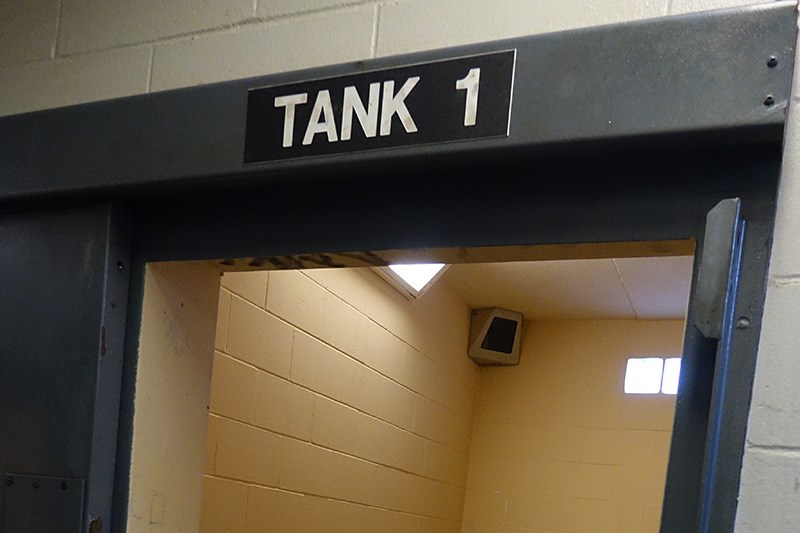The provincial government announced June 8 that it is providing $2.8 million in funding for the establishment and operation of a 24-hour sobering centre in Thompson.
Once established, the Thompson Sobering Centre will be open around the clock, seven days a week to provide a place for non-violent publicly intoxicated people to stay while the effects of alcohol or other drugs wear off. It will provide an alternative to housing such people in the drunk tank cells at the Thompson RCMP detachment. More than 2,000 people were housed in those cells while intoxicated in 2019 under the Intoxicated Persons Detention Act (IPDA). These calls are a significant burden for Thompson RCMP and the Thompson General Hospital, the provincial government said.
“Sobering centres offer an effective alternative to police and hospital-based responses to public intoxication, while keeping Manitobans safe,” said Justice Minister Cliff Cullen in a news release. “This centre will provide a safe setting for individuals needing short-term recovery.”
“The new sobering centre is a central part to the Main Street North project,” said Mayor Colleen Smook. “We need to recognize that we are working to fix issues over three decades in the making, but with a sustained, committed effort, we will see a safer, healthier Thompson.”
The Thompson RCMP detachment has three drunk tank cells that can hold a total of about 20 people. Prior to being lodged in these cells, prisoners are medically cleared at either the hospital or by Thompson Fire & Emergency Services personnel in the cell block. Prisoners in the drunk tanks are awakened every four hours to determine their state of health and all prisoners are physically checked every 15 minutes.
A 44-year-old woman arrested for public intoxication died in one of the Thompson RCMP drunk tanks in February.
Thompson RCMP detachment Staff. Sgt. Chris Hastie told the Thompson Citizen in February that people detained for intoxication are held for at least eight hours.
Thompson mayors, councillors and city administration have long lobbied the province to establish a Main Street North project in Thompson, based on the model of Winnipeg’s Main Street Project. When people are arrested for public intoxication in Winnipeg, they are examined by a paramedic who either admits them or has them sent to hospital for treatment if necessary. Their medical histories are taken during initial interviews and they are physically checked every 10 minutes until they are sober enough to be released, at which time they are given a sandwich, a drink, a phone call and a brochure outlining the addictions services that the Main Street Project provides.




